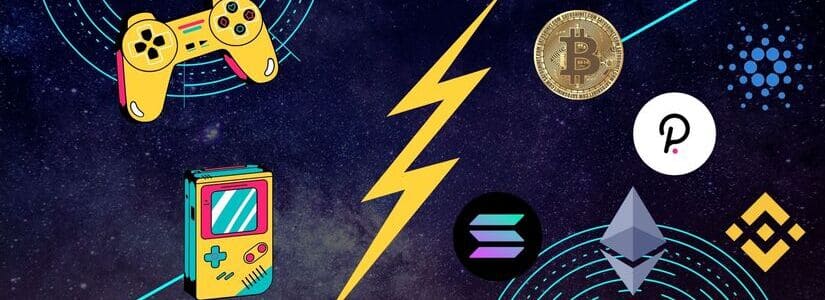TL;DR
- The evolution of player experience, with more appealing and accessible titles, will be key to the mainstream adoption of Play-to-Earn (P2E) games in 2025.
- Removing technical barriers and improving technological accessibility position the next year as decisive for attracting a larger audience.
- Decentralized economies, driven by tokenization, are revolutionizing monetization in gaming.
The year 2025 is shaping up to be a pivotal moment for the Play-to-Earn (P2E) gaming industry and its consolidation within the digital entertainment market. Following a 2024 marked by significant technological advances and greater acceptance of blockchain technology in gaming, experts agree that the coming year could determine whether this concept reaches its full potential or continues to fall short of widespread adoption.
Factors That Will Define the Future of Play-to-Earn Games
One of the fundamental factors driving this shift is the evolution of player experience. Unlike earlier blockchain-based titles, which prioritized monetization over entertainment, developers are now focusing on creating genuinely engaging and accessible games. Apps like Off The Grid have shown that it is possible to combine addictive mechanics with fair systems, attracting both traditional gamers and crypto enthusiasts. This approach will be crucial in fostering participation and opening the doors to a brand-new gaming community.

Another determining factor will be ease of access. The integration of simpler solutions and the removal of traditional technical barriers (such as private key management) have allowed platforms like Telegram to bring millions of users into crypto games without requiring them to understand how blockchain works. This accessibility, combined with a more intuitive user experience, positions 2025 as a year where technology can become invisible to players, allowing them to focus solely on fun and rewards.
In parallel, decentralized economies are revolutionizing traditional monetization models. Players can now own, trade, and monetize their digital assets freely through tokenization. This model encourages both active participation and the development of games based on sustainable economic platforms. For example, Pixels has succeeded in transitioning to Ronin and focusing on preventing bot usage, strengthening user trust and proving that balancing incentives with fair experiences is achievable.

The Ultimate Challenge
However, challenges remain. The industry must strive to ensure user security and offer protections comparable to those of traditional games. Only by addressing these issues will it be possible to attract a broader audience and solidify the P2E model as a viable and safe alternative.
The year 2025 will be defining. If developers can maintain the balance between entertainment, accessibility, and economic sustainability, the Play-to-Earn industry could finally claim a prominent place in the gaming world. Otherwise, it risks remaining a promising but incomplete niche